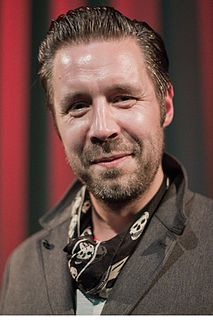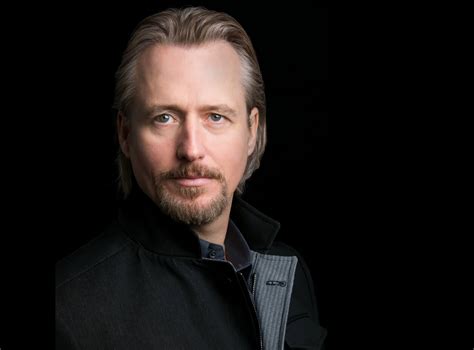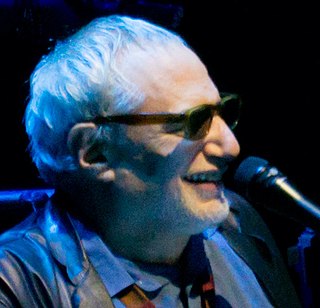A Quote by Douglas Coupland
Why are we even here [on earth], what's our human nature? It's precipitating a real philosophical crisis that I find quite fascinating.
Quote Topics
Related Quotes
Science has an uncomfortable way of pushing human beings from center stage. In our prescientific stories, humans began as the focal point of Nature, living on an Earth that was the center of the universe. As the origins of the Earth and of mankind were investigated more carefully, it became clear that Nature had other interests beyond people, and the Earth was less central than previously hoped. Humankind was just one branch of the great family of life, and the Earth is a smallish planet orbiting an unexceptional sun quite far out on one arm of a run-of-the-mill spiral galaxy.
Understanding human nature must be the basis of any real improvement in human life. Science has done wonders in mastering the laws of the physical world, but our own nature is much less understood, as yet, than the nature of stars and electrons. When science learns to understand human nature, it will be able to bring a happiness into our lives which machines and the physical sciences have failed to create.
Even in a jungle, lovely flowers will spring up here and there, such being the fecundity of nature, and however badly our pastors and masters run our society, however much they pull to pieces that which they claim to be keeping intact, nature remains fecund, human beings are born with human traits, sometimes human strength outweighs human weakness, and human grace shows itself amid human ugliness. ‘In the bloodiest times,’ as our play has it, ‘there are kind people.’
Paul Davies takes us on a logically and rhetorically compelling modern search for human agency. This outstanding analysis, well informed by naturalistic views of our evolved affective nature, is the kind of philosophical work that is essential for a field to move forward when ever-increasing findings from modern science are inconsistent with traditional philosophical arguments. This book is for all who wish to immerse themselves in the modern search for free will. It is steeped in the rich liqueur of current scientific and philosophical perspectives and delusions.
The field of earth and of our human nature is now no longer barren but full of the seed of divine life. But it takes time for the seed to grow, for the Kingdom to come, and we are commanded to pray and work for that coming, that growth, even if we do not yet see the fruits, or even the blossoms, or even the leaves...
I tried to grow up. Honest. Didn’t quite happen. I guess I’m someone for whom youth still seems more real than the present, or the half century in between. And why not? I'm deeply underwhelmed by most contemporary art, literature, music, films, TV, the heinous little phones, money talk, real estate talk, all that stuff. The Internet, which at first seemed so fascinating, appears to be evolving into something even worse than TV, but we'll see.
I think it's part of my personality, to find sex really interesting. Not just in the puerile way of, "Oh I want to go and have some sex". It's fascinating, there's an entire realm of human activity that's important and literally vital to our survival and yet we've vilified it. That's one of the reasons that religious station is so fascinating to me.
At this point in our global ecological crisis, the survival of humanity will require a fundamental shift in our attitude toward nature: from finding out how we can dominate and manipulate nature to how we can learn from her. In this brilliant and hopeful book, Jay Harman shows us how far the new field of Biomimicry has already progressed toward this goal. The Shark's Paintbrush makes for fascinating and joyful reading - much needed in these dark times.







































